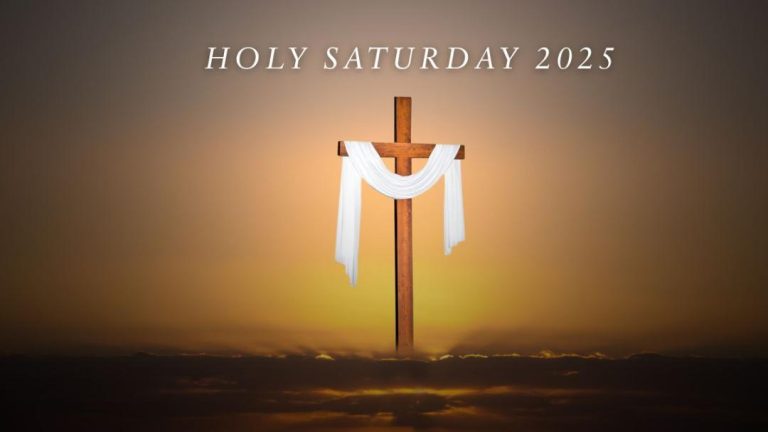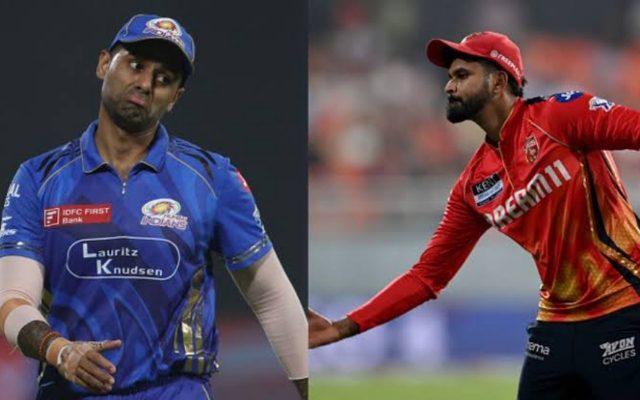
Women on way to Maha Kumbh caught ticketless by railway official, say ‘PM allowed free travel’
The recent controversy at Buxar Railway Station in Bihar is a stark reminder of the complexities that can arise when politics and governance intersect. A group of women, traveling to the Maha Kumbh, were allegedly caught without tickets by a Divisional Railway Manager (DRM) during an inspection at the station. The incident, which was captured on video, has sparked a heated debate over the role of the Prime Minister in granting special privileges to certain individuals.
According to the video, the women were questioned by the DRM, who asked them about their tickets. In response, one of the women claimed that Prime Minister Narendra Modi had allowed them to travel for free. The DRM, however, was skeptical, stating that neither the Prime Minister nor any other authority had granted such permission.
The incident has raised several questions about the lack of transparency and accountability in the functioning of government agencies. While the DRM was simply doing his duty by enforcing railway rules, the women’s claim that the Prime Minister had authorized their free travel has sparked controversy. It is unclear what prompted the women to make such a claim, or whether they genuinely believed that the Prime Minister had given them permission to travel without tickets.
The Maha Kumbh, one of the largest and most sacred Hindu pilgrimages, attracts millions of devotees from across the country. The event is held every 12 years and is a significant occasion for devotees to bathe in the sacred Ganges River and seek blessings. In recent years, the event has become a major tourist attraction, with people from around the world flocking to the holy city of Prayagraj to participate in the festivities.
The controversy surrounding the women’s claim has also raised questions about the role of the Prime Minister in granting special privileges to certain individuals. While it is not uncommon for government officials to offer special favors to influential people, such actions can undermine the rule of law and create a sense of injustice among citizens.
In this context, it is important to note that the Prime Minister has no authority to grant special privileges to individuals. The railway rules and regulations are clear, and all passengers are required to purchase tickets before boarding a train. The DRM’s action in questioning the women about their tickets was simply a matter of enforcing these rules.
The controversy has also highlighted the need for greater transparency and accountability in the functioning of government agencies. The DRM’s response to the women’s claim, that neither the Prime Minister nor any other authority had granted permission for free travel, suggests that there may have been a misunderstanding or miscommunication. However, the fact that the women were not issued tickets and were traveling without valid documentation raises concerns about the lack of effective enforcement of railway rules.
In conclusion, the incident at Buxar Railway Station highlights the complexities that can arise when politics and governance intersect. While the Prime Minister has no authority to grant special privileges to individuals, the controversy has raised questions about the need for greater transparency and accountability in the functioning of government agencies. The incident serves as a reminder of the importance of enforcing railway rules and regulations, and the need for effective communication and coordination between government agencies and citizens.




